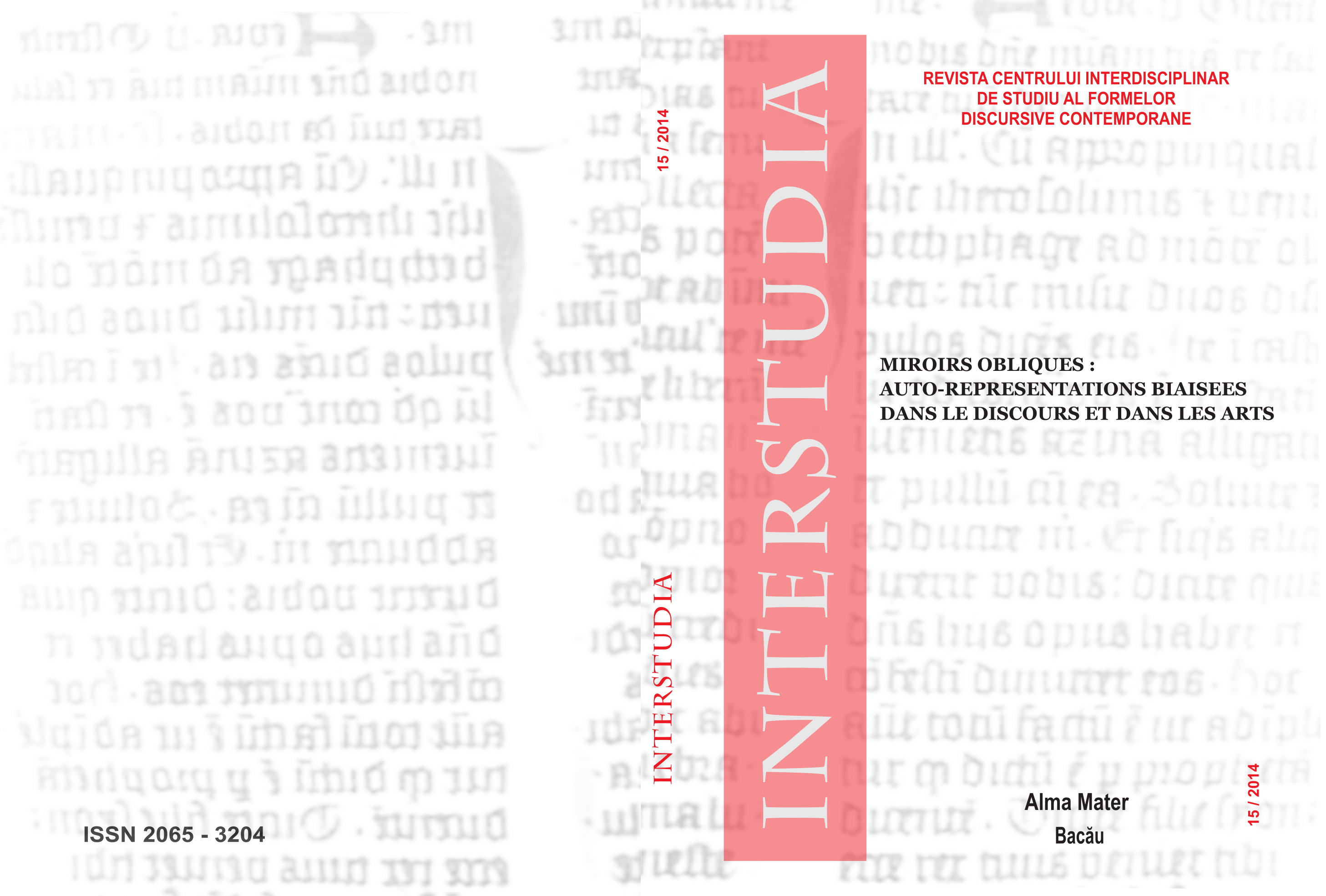Michel Tournier et « le miroir à deux faces » : portrait oblique d’un écrivain au croisement du dire et de l’être
Michel Tournier and the two-sided mirror
Author(s): Mathilde BatailléSubject(s): Language and Literature Studies
Published by: Editura Alma Mater
Keywords: autobiographical refusal; Michel Tournier; self-narration ambiguity; gap between being and claiming; complex portrait;
Summary/Abstract: Michel Tournier has always expressed his lack of interest in writings of intimacy and denies having found inspiration in his own life. He highlights the contrast between the “inward-looking” writers and the fictional writers, maintaining that he is one of the latter. Tournier insists on the fictional nature of his works and strongly contradicts critics who attempt to find in his life the models that he used in order to create literary characters. After the failure experienced with Vent Paraclet (1977) -his intellectual autobiography that reinforced his little interest for this genrehe reaffirms his refusal of this writing style through two of this most recent works’ titles, Journal extime (2002) and Je m'avance masqué (2011). Nevertheless, Tournier has sometimes revealed information concerning his personality in his essays or when giving interviews. The writer has even created a coherent self-portrait, which he has barely changed throughout his career. His remarks tend to define him as an author interested in present times, who uses humour in order to criticize society’s flaws or to describe its peculiarities and who promotes in his writings the aesthetics of celebration. But this portrait, which seems to result from the author’s personal philosophy, could it be anything else than the author’s creation? We will analyse the differences between Tournier’s self-created ethos and the image that his writings tend to create. To this purpose, we will compare the author’s remarks with written sources that have rarely been used: his generic choices. We will prove that Tournier’s generic choices and their evolution provide insight into the author’s personality, especially into his views on time and existence, and that they paint a constantly changing portrait of the writer, often more complex than the image that he chooses to convey.
- Issue Year: 2014
- Issue No: 16
- Page Range: 46-55
- Page Count: 10
- Language: French
- Content File-PDF

